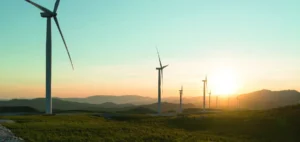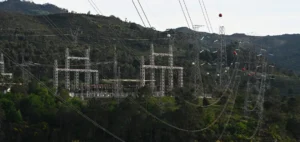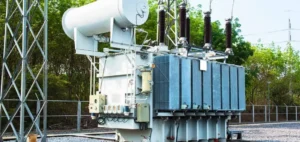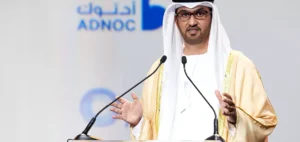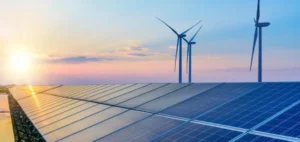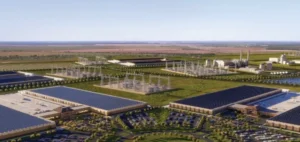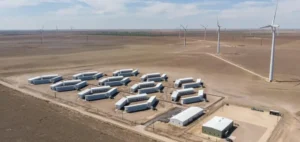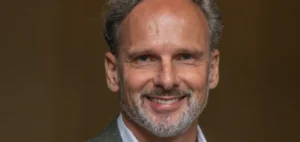Ineos Energy, a subsidiary of the industrial conglomerate founded by Sir Jim Ratcliffe, has confirmed the immediate halt of all its investments in the United Kingdom. The company has decided to reallocate its capital to the United States, motivated by what it describes as unpredictable taxation and an energy environment too costly to sustain the competitiveness of its industrial sites.
Brian Gilvary, chairman of Ineos Energy, specified that the group has recently invested £3bn ($3.76bn) across the Atlantic. This strategic reallocation comes after the closure of the century-old Grangemouth refinery in Scotland. The neighbouring olefins and polymers plant, which supplies hundreds of plastics manufacturers in the UK, is also under strain.
Unfavourable conditions for the sector
According to Brian Gilvary, the UK tax environment has become a major obstacle for energy operators. He stated that “the UK has become one of the most unstable tax regimes in the world for natural resources,” making any long-term investment risky. The group’s decision reflects a loss of confidence in the country’s ability to provide a predictable regulatory and fiscal framework.
The group’s founder, Sir Jim Ratcliffe, pointed to energy costs, which have risen steadily in recent years, largely due to environmental levies. He argued that such charges make local industrial activities unprofitable.
Reallocation of investments to the US
Ineos Energy has directed its new investments towards the US, highlighting the stability of its fiscal regime and energy policies focused on supply security. Brian Gilvary cited the performance of the American market, which shifted from deficit to net exporter, as proof of the strength of its energy strategy.
In April, the group acquired oil and gas assets in the Gulf of Mexico from China National Offshore Oil Corporation. This transaction brings the total amount committed by Ineos in the US energy sector to more than $3bn (£2.2bn).
Tax burden and declining North Sea output
Ineos operations in the North Sea, where it runs the Breagh and Clipper South platforms as well as interests in the Greater Laggan gas area, have been heavily affected by the Energy Profits Levy. Introduced at 75% and raised to 78% under Chancellor Rachel Reeves, this windfall tax on oil and gas profits has sharply reduced available margins for investment.
The subsidiary operating the Forties Pipeline System, which connects about 80 offshore fields to the UK mainland, has also reported losses. The drop in volumes transported reflects the gradual disengagement of other operators in the region.
Energy costs and industrial impact
The UK currently faces the highest industrial electricity prices in Europe. Between January 2021 and the end of 2024, tariffs rose from 14.8p to 26.0p per kilowatt-hour, an increase of 75%. Industrial gas followed a similar trend, doubling from 2.5p to 5.5p per kilowatt-hour over the same period. Available data indicate these rises have caused a 33% drop in output in energy-intensive industries.
A Treasury spokesperson stated that the Energy Profits Levy will end no later than March 31, 2030, and that discussions are underway with sector representatives to define the framework that will succeed it.



